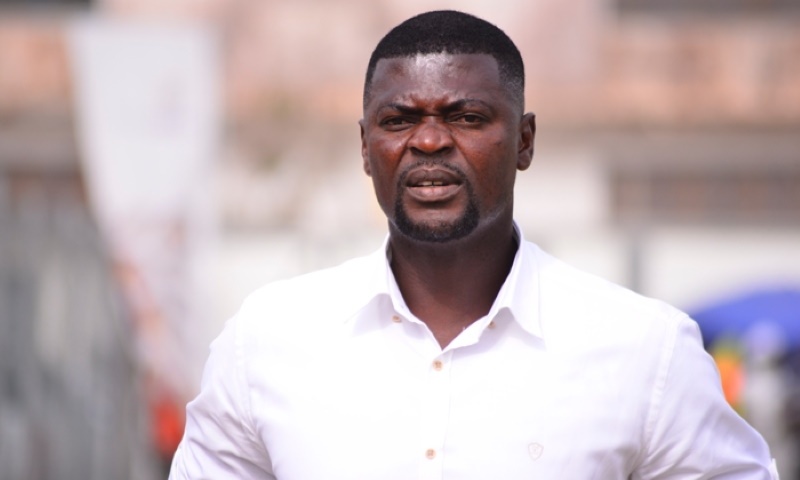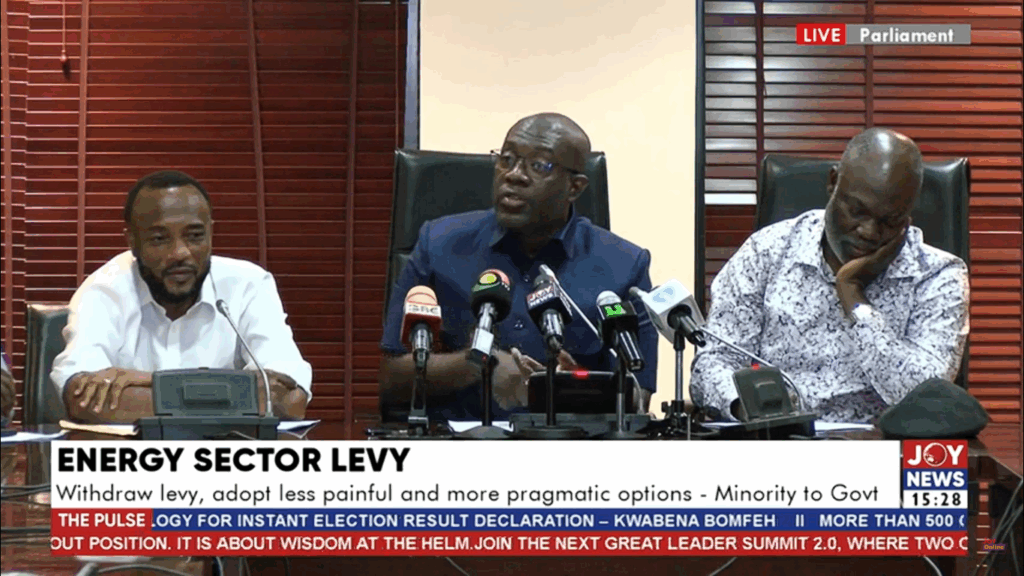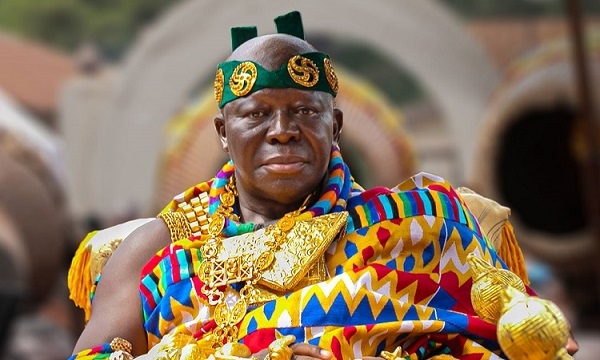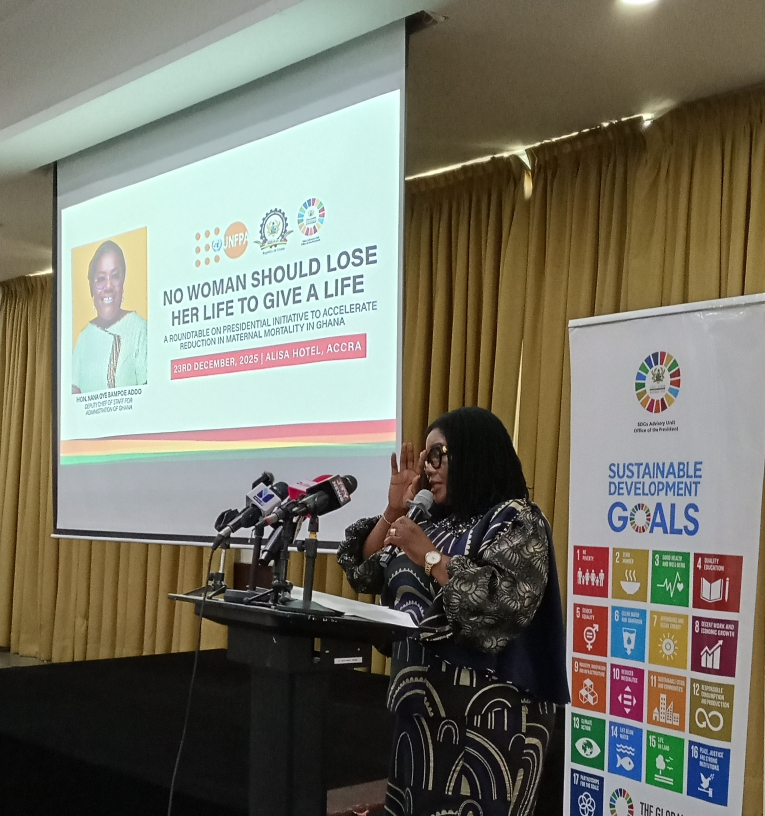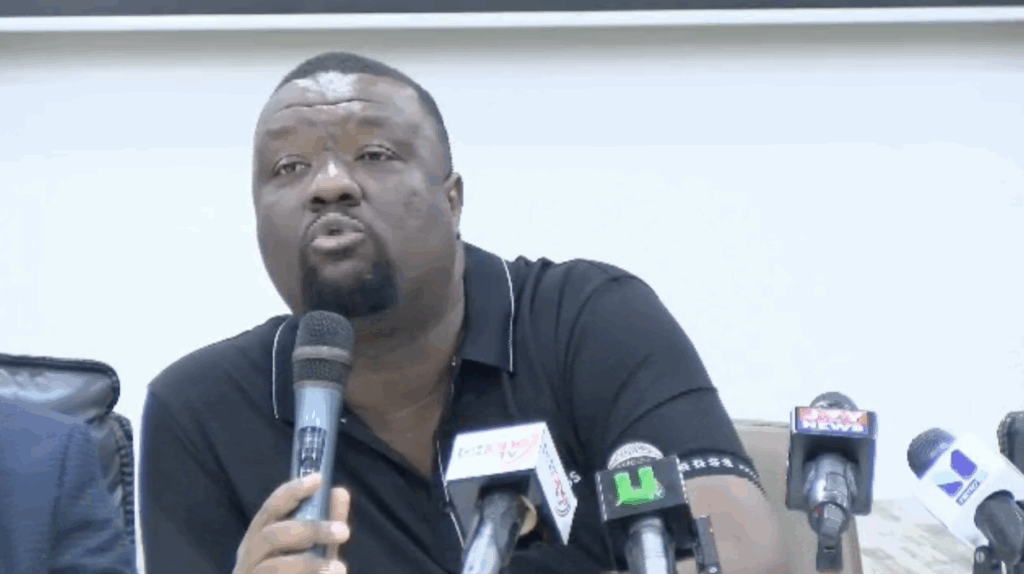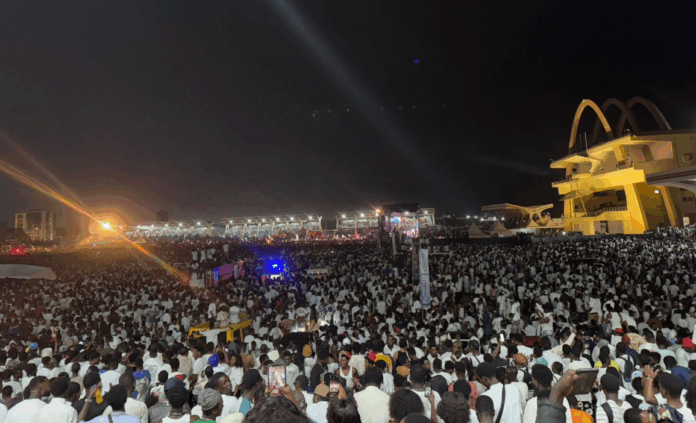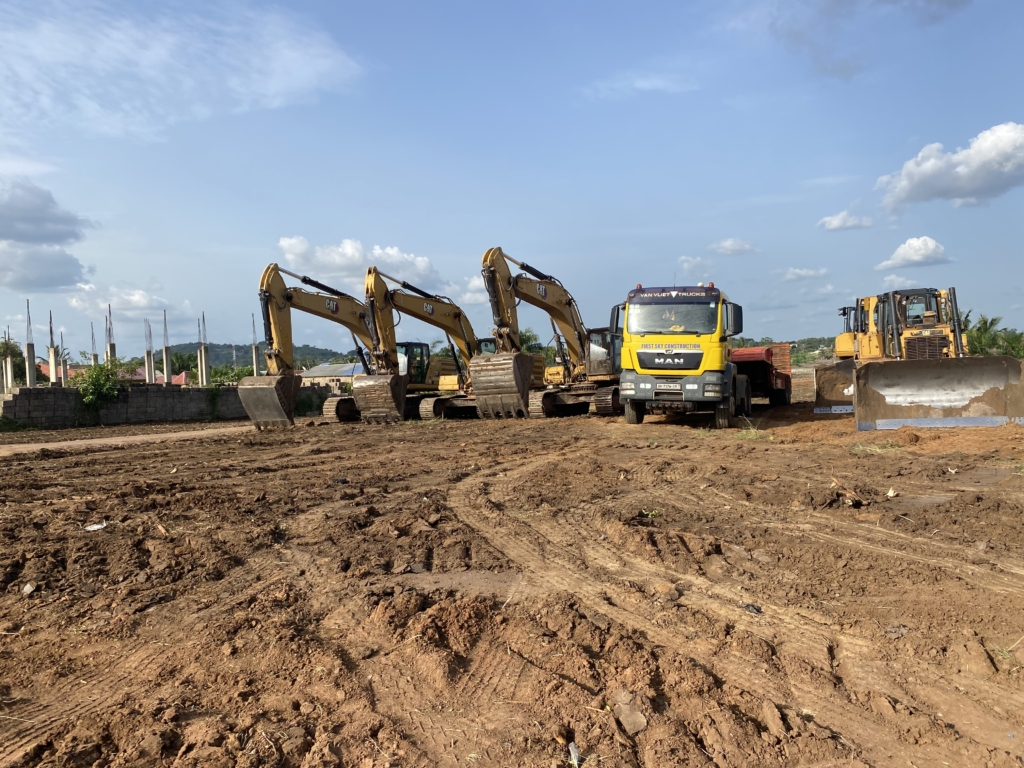Akisa Wandera & Basillioh Rukanga
BBC News, Nairobi
Dozens of activists have staged a protest outside a mortuary in Kenya’s capital, Nairobi, following the death of a 26-year-old man in police custody.
Albert Omondi Ojwang’s death has sparked outrage in Kenya. He was arrested following a complaint by the deputy police chief, who accused him of tarnishing his name on social media.
In an initial statement, police said that Mr Ojwang “sustained head injuries after hitting his head against a cell wall” while in custody.
However, the Ojwang family’s lawyer, Julius Juma, said the body bore signs of severe physical trauma, including swelling on the head, nose and ears.
Mr Juma also cited bruises on Mr Ojwang’s shoulders and hands – injuries which, he said, were inconsistent with a single impact against a wall.
Kenya’s Independent Policing Oversight Authority (IPOA) has launched an inquiry into his death.
Holding placards and chanting “Stop killing us”, a crowd protested outside Nairobi City mortuary, where Mr Ojwang’s body is being kept.
The crowd later marched to the Central Police Station where Mr Ojwang was being held at the time of his death.
Mr Ojwang was arrested in Homa Bay, a town in western Kenya, on Friday, over a post on X that was allegedly critical of the Deputy Inspector General of Police, Eliud Lagat.
He was subsequently transferred over 350 km (220 miles) to Nairobi and booked into the Central Police Station on Saturday.
According to Mr Kanja, Mr Ojwang was arrested after Mr Lagat filed a complaint that his name was being “tarnished”.
“It was on that basis that investigations were actually being carried out,” Mr Kanja said at a press conference.
Responding to mounting public pressure, Mr Kanja announced that senior officers at Nairobi’s Central Police Station had been “interdicted”.
Police spokesperson Michael Muchiri, told the BBC that this means the officers could not perform their duties, and would receive half their salaries, pending the outcome of the investigation by IPOA.
Speaking at a press conference, Inspector General Kanja said the police would give the investigators all “necessary support” to resolve the case.
Mr Ojwang was found unconscious during a routine inspection of the cells and “rushed to hospital, where he was pronounced dead on arrival”, police say.
The director of Amnesty International’s Kenya branch, Irungu Houghton, told the BBC that Mr Ojwang’s death was “very suspicious”.
Mr Houghton said it was “quite shocking” that Mr Ojwang was not booked in at the local police station after being detained, but was instead taken on a long journey.
On Sunday, he called on the independent investigators to secure what he described as “the crime scene” at the police station in Nairobi.
Mr Ojwang’s death in detention comes at a time of rising concern about how some government critics are being treated.
Last week, software developer Rose Njeri, who created a tool to help people oppose a government finance bill, was charged with violating a cybercrime law. She denies the charge.




